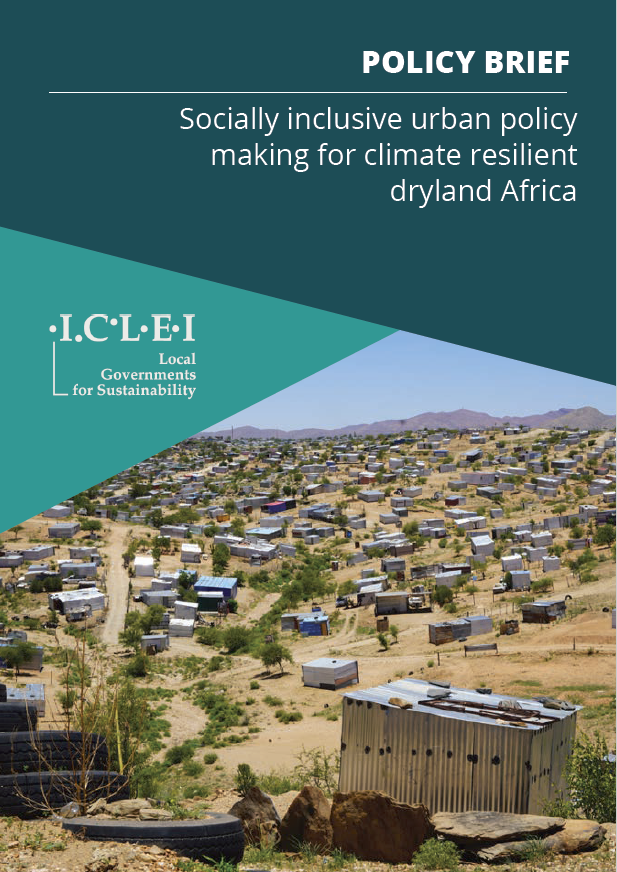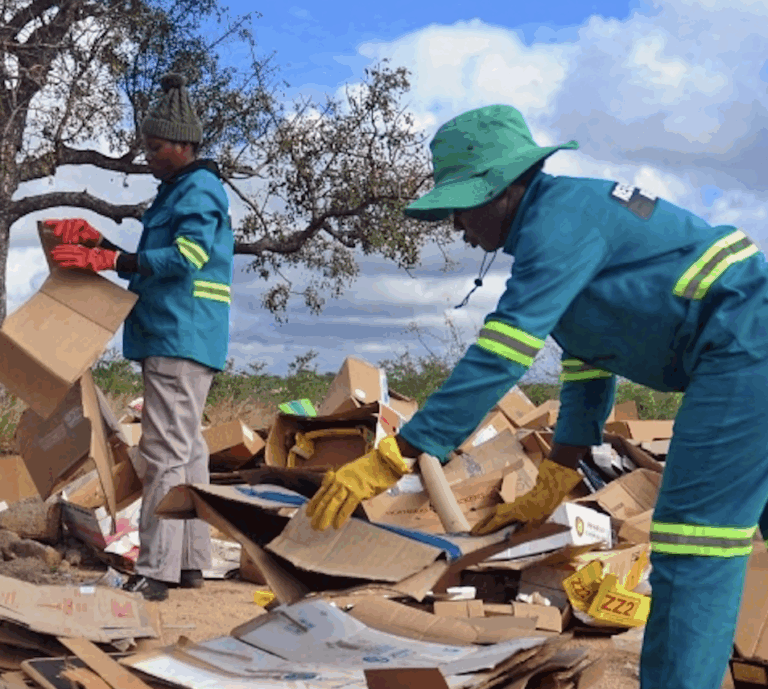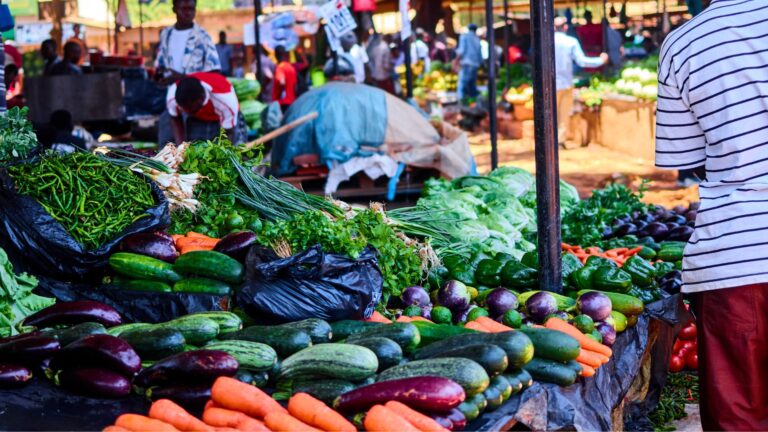Policy brief: Socially inclusive urban policy making for climate resilient dryland Africa




Download:
Related ICLEI Pathway(s)
About
Resource summary
In response to growing interrelated threats, many cities are engaging in more inclusive governance to increase their resilience and sustainability. A range of evidence now suggests that alternative models of knowledge production and decision-making are required for building good governance systems in cities, particularly in emerging economies in the Global South. At the forefront of these discussions are social inclusivity and innovation, key elements that should accompany resilient urban strategies and policy-making. Social innovations are new social practices that aim to meet social needs in a better way than the existing solutions.
This is particularly important for African cities, which account for more than a quarter of the world’s fastest growing cities, and where ‘by 2050, almost regardless of government policies, its urban population will have tripled.
This population growth is occurring in an expansive form, resulting in higher rates of land use change than population growth rates alone might imply – with consequent social and ecological impacts. In this context, not only are informal settlements more likely to be in vulnerable parts of the city but residents are less likely to have access to basic services and infrastructure that can reduce climate-related risks like flooding and landslides. Residents are also likely to lack secure tenure, reducing their incentive to upgrade housing and invest in amenities. Yet, typically urban planning processes for climate change, typically, do not adequately incorporate informal community voices in the planning processes.
Related resources

Advancing waste projects in Africa

How urban food markets contribute to the food security pillars



